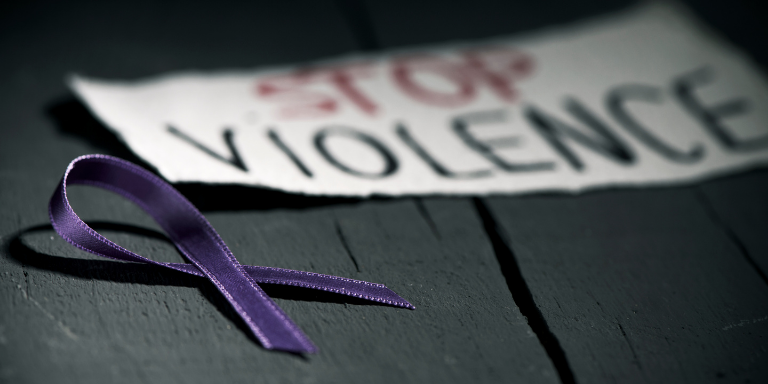Domestic violence is a serious and pervasive problem that affects people of all ages, genders, and backgrounds. It refers to any behavior that is used to control, intimidate, or harm a current or former intimate partner. This can include physical, sexual, emotional, and psychological abuse.
The psychological effects of domestic violence can be devastating, as it can erode a person's sense of self-worth, safety, and trust. It can also have long-term impacts on a person's mental health, leading to anxiety, depression, and post-traumatic stress disorder (PTSD).
One of the key psychological impacts of domestic violence is the feeling of powerlessness and control. When someone is subjected to abuse, they may feel like they have no control over their own lives or decisions. They may feel trapped and unable to escape the abuse, which can lead to feelings of hopelessness and despair. This loss of control can be especially damaging to a person's sense of self-worth, as they may come to believe that they are not worthy of love or respect.

IMAGE
Another psychological impact of domestic violence is the damage it does to a person's sense of safety and trust. When someone is constantly subjected to abuse, they may begin to feel like they are in constant danger, even when they are not physically harmed. This can lead to feelings of anxiety and fear, and can make it difficult for someone to trust others or feel safe in their own home.
These psychological impacts, domestic violence can also have serious physical consequences, such as injury, disability, and even death. These physical consequences can further compound the psychological effects of abuse, as someone may feel even more helpless and vulnerable as a result of their injuries.
It's important to note that the psychological effects of domestic violence can vary widely from person to person. Some people may be able to recover relatively quickly, while others may struggle with the aftermath of abuse for years or even decades. The severity and duration of the abuse, as well as a person's individual coping skills and support system, can all play a role in how someone is affected by domestic violence.
If you or someone you know is experiencing domestic violence, it's important to seek help as soon as possible. There are resources available to support survivors of domestic violence, including hotlines, shelters, and therapy. These resources can help survivors process their experiences and develop coping strategies, and can provide a safe and supportive environment in which to heal.
The psychological effects of domestic violence can be devastating, affecting a person's sense of self-worth, safety, and trust. It's important to recognize the signs of abuse and to seek help if you or someone you know is experiencing domestic violence. With the right support, it is possible to recover from the psychological effects of abuse and build a healthy and fulfilling life.